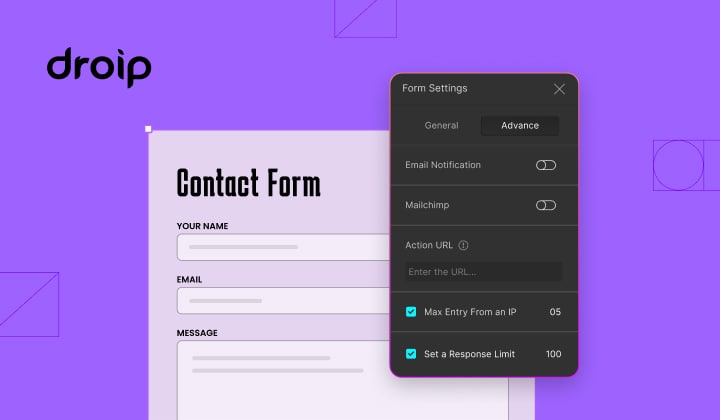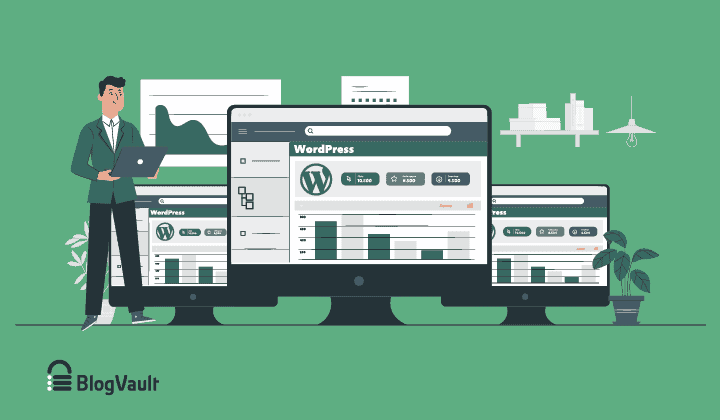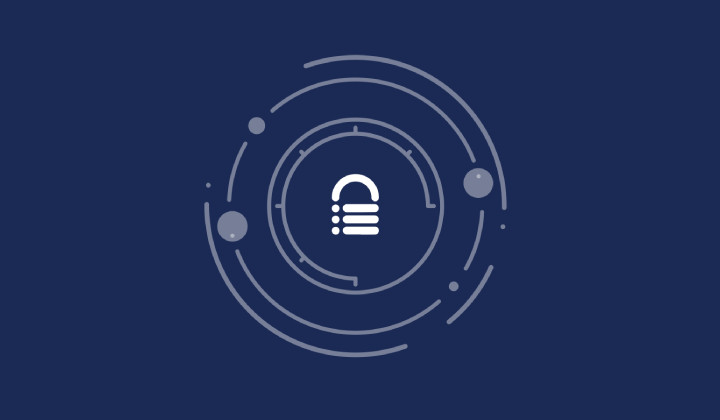6 Points to Help You Choose the Best WordPress Backup Solution
Bulletproof Backups for Your WordPress Website
Fortify your business continuity with foolproof WordPress backups. No data loss, no downtime — just secure, seamless operation.
An ideal WordPress backup solution offers a number of features. However, there are two questions you can ask that will help you choose the best WordPress backup plugin for you. They are , what features does the plugin have, and how do they work?
What Makes an Ideal WordPress Backup Plugin?
There is a long list of features which make an ideal WordPress backup plugin.
- Multiple versions
- Multiple copies of each version
- Encrypted backups
- Independent storage and access
- Test Restore
- One-click restore
- One-click migration
- Secure site settings
A combination of all of the above sounds like a good deal; doesn’t it?
Most of these features are covered between the popular backup options available on the market. Also, most premium options have most of the above mentioned features. However, it is not useful to say this. It is like saying that every car has an engine, seats, wheels and steering. Just like cars, when it comes to backup solutions, it is all about how they perform; and you really need to do your homework first.
There are two points of entry to the debate on what is the best WordPress backup plugin. One is the differences in features between all the different plugins; despite the uniform titles. The other point of debate is the user experience. What does a good WordPress backup solution do, and how does it do it? Both these questions should be equally relevant.
In this article we explore how following best practices as well as being efficient can answer both: the ‘what’ and the ‘how’ questions.
1. WordPress Incremental Backup Plugin
Increased load times or frequent timeouts is highly undesirable in today’s competitive environment. This is is particularly a problem for WordPress sites on shared hosting. Incremental backups is perfect for such circumstances.
For example, let us say that you have photography focused website with high resolution images uploaded everyday. If your entire site had to be backed up daily, then chances are that the backups ruin the user experience of you site’s visitors or your backups may cut off for taking up too much server resources.
On the other hand, consider that automatic incremental backups of your WordPress site are done daily. After the first initial full backup, each day only the latest updates are backed up. This ensures that you don’t lose any data while the backup solution does not unnecessarily load your server resources. The plugin can scan the site for changes, recognize that the high resolution images are backed up, and only add the changes to the latest version of the backups. This means that, media – images and videos which are generally the the most heavy files on a site do not become an extra burden with incremental backups.
2. Control over entire WordPress database & all WordPress files
A WordPress sites contain files and tables. You must be able to know that all the tables, and files on your site have been backed up. If not you must be able to add them. This is possible when you have access to a list which gives you this kind of information; a good WordPress backup solution must offer such access. From such a list, you may also be able to download specific files from WordPress backup. The same applies to specific tables in your WordPress database as well. This depends on your requirements but you need to have the option.
Such a feature along with versioned backups allows for restoration of specific files instead of the entire site. This is important if you know the exact pain point on your site. It can be fixed with ease and minimize down-times. This type of granular control is essential when choosing a WordPress backup solution.
The dread of having to sift through thousands of files; when you’re running against the clock to get your site back up and get around to doing business, is unacceptable.
3. One-click Restore/Migrate
When you pay for a solution to do the work for you, then you shouldn’t have to manually restore or migrate your site. Otherwise, there is little point to lightening your wallet, is there? A plugin must allow for one-click WordPress restore and one-click migrate options. Managing your site’s functionality in the most critical hours must not be your headache. Usually in such instances inputting your SFTP credentials, destination URL and email id should be enough to easily migrate your WordPress site.
4. Test restore option
Apart from restores and migrations, it is equally important for you to be able to ensure that your backups or migrations work as desired. Allowing for a test environment to verify the functionality of different backup versions of your WordPress is just a good practice but unfortunately, most plugins don’t offer this. It boosts your confidence in your backups and ensures that the reputation of your blog/business is intact.
5. Great customer support
A service or product which does not allow you to track all the activities from the dashboard, notify you by email will only worry you about routine processes. If the time comes when you have to get your hands dirty, then you should not do the work yourself when you are paying for a service. This is reason you need great customer support.
6. Completely independent dashboard
With a completely independent dashboard you have access to and control over your backups always. This means that, unlike other plugins which store backups in your site’s files, you don’t have to restore your site to get your hands on your safety net a.k.a. your backups. Besides, the whole point of backups is to restore your site. If that is not supported well enough then backups are not good enough by themselves. You need to know that you have access to secure backups. Multiple copies of encrypted off-site backups is a must.
All the above mentioned best practices will ensure that you’ll find the right value for your money when you need the best WordPress backup plugin.
Tags:
Share it:
You may also like

How to Limit Form Submissions with Droip in WordPress
Forms are an indispensable part of any website because of their versatility, letting you collect information for various purposes! However, people with ill intentions often attempt to exploit these forms…

How To Manage Multiple WordPress sites
Management tools help agencies become well-oiled machines. Each task is completed with the least amount of effort and highest rate of accuracy. For people managing multiple WordPress sites, the daily…

PHP 8.3 Support Added to Staging Feature
We’ve introduced PHP version 8.3 to our staging sites. Test out new features, code changes, and updates on the latest PHP version without affecting your live website. Update PHP confidently…
How do you update and backup your website?
Creating Backup and Updating website can be time consuming and error-prone. BlogVault will save you hours everyday while providing you complete peace of mind.

Updating Everything Manually?
But it’s too time consuming, complicated and stops you from achieving your full potential. You don’t want to put your business at risk with inefficient management.

Backup Your WordPress Site
Install the plugin on your website, let it sync and you’re done. Get automated, scheduled backups for your critical site data, and make sure your website never experiences downtime again.




